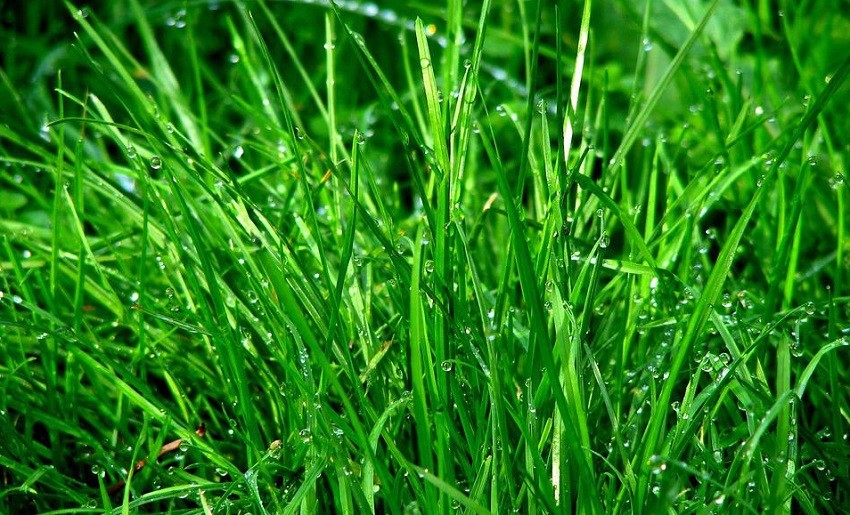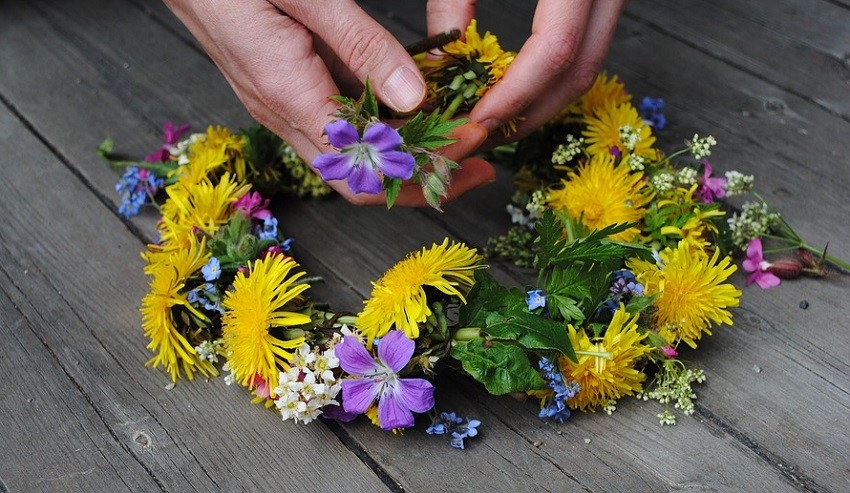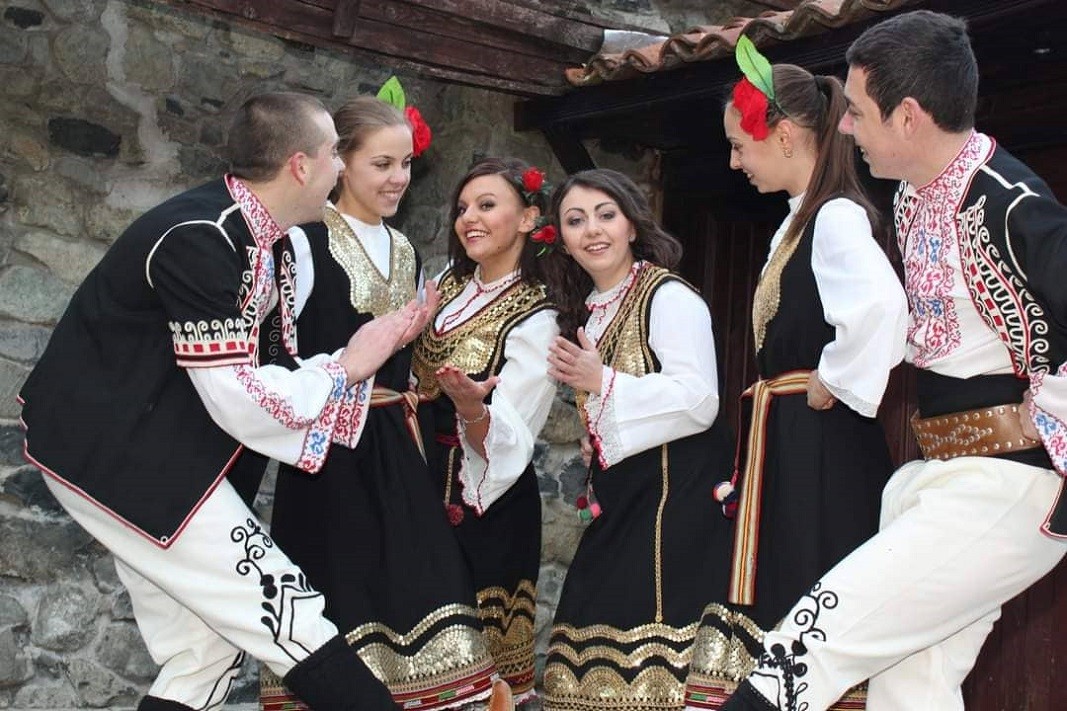The story of Midsummer's Day is like a beautiful fairy tale about the magic of herbs, youth and beauty. It's a tale that we are happy to recall every year on June 24 to tell our children and thereby introduce them to folk wisdom and tradition.

It is no secret that the rituals of Enyovden are still performed by many Bulgarians. Usually these are herbalists, herbal healers, women and young girls from folklore groups, as there are in every Bulgarian village and in many towns. They gather in early morning, before sunrise. It is said that at this time herbs have the greatest healing power, because on the night before the Enyovden the sky opens, the stars descend to earth and enchant all the herbs and flowers.
The healing powers extend to all water sources - springs, lakes, and rivers - because the sun, having completed its journey to Summer, bathes in them and heads back to Winter. That is why it is good to roll in the dewy grass several times or to swim in a river or lake.

Legends have it that when God made man from dust, he left him in the sun to dry. The good Lord then decided to rest, but he was tired and dozed off. The Devil came and began to poke the man with his finger, covering his body with many holes. When the Lord saw this, he picked some grasses and used them to plug every hole. Then he gave the herbs his blessing and made them healing. He left only one hole open, and from there diseases began to creep in and harm the people. That is why the old Bulgarians believed that the origin of herbs was connected with the eternal battle between good and evil, between God and the Devil.

On June 24, Midsummer's Day, the Orthodox Church celebrates the birth of St. John the Baptist, or St John of The Herbs’ Day. It is known in Bulgaria with many names, but the most popular is Enyovden.
Traditionally the young girls are singing special songs along the way and while the herbs are being collected. These songs are still performed today in the reenactments of the custom that are organised throughout the country.

Contemporary original songs in folk style are also dedicated to this festival. Such as the song ˮEnyovdenˮ by the sisters Iva and Eva Valentinovi. In free ˮtranslation" from the Graov dialect, this song says: ˮEarly at dawn all the young maidens and brides pick magical herbs. White baskets they carry, lush meadows they trod and roll in the dewy grass... As the sun beams, dewy herbs they gather, flower crowns they weave, for health they name them...".
Photos: Pixabay
There are no data regarding the exact number of Bulgarian dance ensembles operating abroad. But there is one thing that is certain – they are amateur groups scattered across all continents, acting as a bridge between Bulgaria and the rest of the..
Bulgaria's Pernik will host the 44th annual meeting of the Federation of European Carnival Cities , which is opening today , the municipal administration announced. More than 100 delegates from 20 countries are expected to elect a new president and new..
Eight days before Easter, we celebrate Lazarus Saturday (St. Lazarus Day). It is the first of the three major Christian feasts associated with the miracle of the Resurrection and is followed by Palm Sunday and Easter. St. Lazarus Day is celebrated..
On Christmas morning the glad tidings have spread that the Son of God was born, making it a special day celebrated with a lot of festive rituals. After..
Every holiday has its own flavour, its own 'clothes' and its own tunes. Christmas is no different. "Little is known about traditional Bulgarian carols and..

+359 2 9336 661
